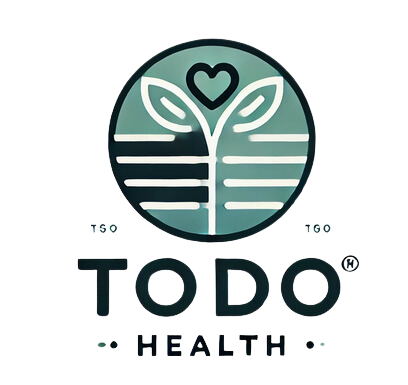In today’s digital age, social media has become a double-edged sword. On one side, it connects us with loved ones, fosters global communities, and serves as a platform for creativity. But on the flip side, it can amplify feelings of inadequacy, anxiety, and burnout. For many, the curated perfection of online lives leads to comparison traps, while the constant flow of information often feels overwhelming. How can we enjoy the benefits of social media without jeopardizing our mental health?
Understanding the Impact of Social Media on Mental Health
It’s no secret that social media can influence how we see ourselves and the world around us. Platforms like Instagram and TikTok offer a glimpse into the lives of others, but these glimpses are often filtered highlights rather than the messy reality.
One of the most common consequences of excessive social media use is comparison anxiety. Scrolling through perfectly composed photos can lead to thoughts of “Why doesn’t my life look like that?” This can chip away at self-esteem and even trigger depressive feelings.
Additionally, fear of missing out (FOMO) is another emotional pitfall. Constantly seeing others travel, celebrate, or achieve milestones can make us feel like we’re falling behind. Finally, the habit of doomscrolling—endlessly consuming negative news—takes a toll on our emotional well-being.
Redefining Boundaries
To combat these challenges, redefining how we use social media is essential. It begins with creating intentional habits.
- Set Time Limits: Apps like Instagram and TikTok have built-in tools to track usage. Set daily limits to avoid mindless scrolling.
- Curate Your Feed: Unfollow accounts that make you feel inadequate or stressed. Instead, follow creators who inspire positivity or align with your personal goals.
- Designate Screen-Free Zones: For example, avoid using social media during meals or in the hour before bedtime to reduce overstimulation.
Mental Health and the Algorithm
It’s important to remember that what you see on your feed isn’t random. Social media algorithms are designed to keep you engaged, often by showing content that provokes strong emotional reactions—whether positive or negative.
Combatting this means taking back control. For example, actively search for uplifting content or accounts focused on mindfulness and well-being. Over time, the algorithm will adapt, presenting you with more of what aligns with your interests.
Practical Steps for a Healthier Relationship
If social media is causing stress, there are actionable steps to rebalance your digital and emotional worlds.
- Try a Digital Detox: Set aside a day or weekend to step away from all screens. Use this time to reconnect with hobbies, nature, or loved ones.
- Practice Mindful Consumption: Before opening an app, ask yourself: “What’s my purpose?” Be conscious of your intent rather than scrolling aimlessly.
- Replace Scrolling with Positive Habits: Read a book, practice yoga, or journal instead of defaulting to your phone during downtime.
Social media doesn’t have to be a source of stress. By setting boundaries, curating your feed, and embracing intentional habits, you can enjoy its benefits while safeguarding your mental health. The journey to a healthier relationship with social media begins with small, manageable changes—and you deserve the peace that comes with it.

